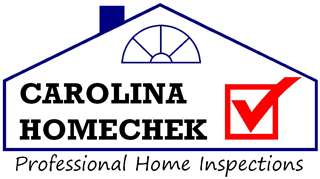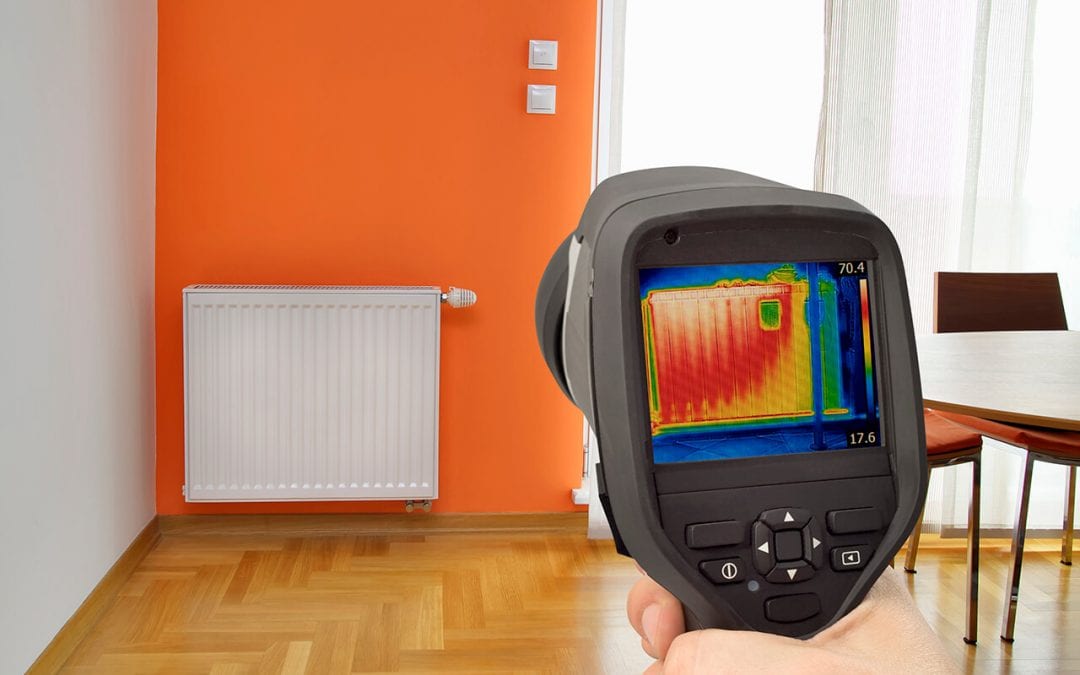1. Water Leaks Inside The Walls
Water leaks are easy to spot when the moisture is causing visible water stains on the walls, but when the moisture is behind the drywall, it often goes unnoticed. If a home inspector finds a hidden leak with an infrared camera, you can save money and hassle in the long run.
Unchecked leaks can damage a structure over time. The inspector might find water intrusion from the roof that is spreading down the walls. When viewed through an infrared camera, moisture will appear as a different color than the dry area because it has a cooler temperature.
2. Inadequate Insulation
Proper insulation is important for both hot and cold climates, especially in the exterior walls, attics, and crawl spaces. An infrared camera can detect areas where insulation is missing, damaged, wet, or has slouched down over time. Lack or deterioration of insulation can be remedied in many cases with blown-in insulation or fresh batting. Replacing poor insulation can lower your energy bills significantly.
3. Heating and Cooling
Thermal imaging in home inspections comes in handy when inspecting heating and cooling systems. An infrared camera can detect issues such as blockages or leaks in the system, problems with airflow, or damaged ductwork. When an infrared camera is used on a radiator, it clearly shows if it is not putting out heat evenly.
4. Thermal Imaging In Home Inspections For the Electrical System
Faulty electrical panels and other wiring issues can pose a fire risk that could cause harm to your family and home. Electrical hotspots show in thermal imaging in home inspections as a concentrated area of yellow, white, or orange against the darker colored surroundings.
If you are ordering a home inspection either as a home buyer or seller, ask your inspector about thermal imaging in home inspections. Many problems will go undetected unless an infrared camera is used during the inspection.
Carolina Homechek offers full thermal imaging inspections to Mecklenburg County and the surrounding areas. Contact us to schedule an inspection.

